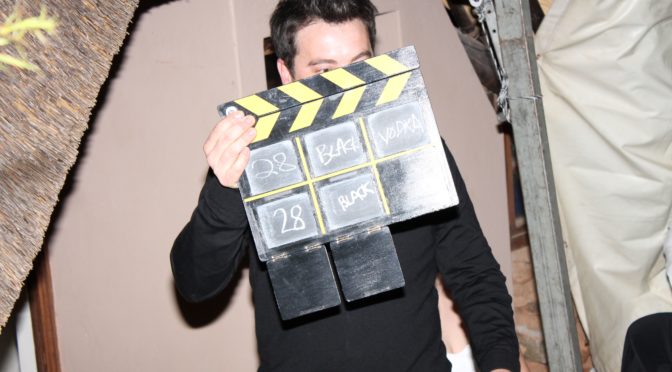I attended the TWP Toastmasters Club meeting this evening where I was Toastmaster of the Evening**.
It’s been a while since I fulfilled that role, and in preparing for it, I was reminded of a few things that if done, will make for a well run and enjoyable meeting.
Like all toastmasters assignments, preparation is key. Here’s a simple 5 step checklist to keep handy when preparing for this assignment
1. Program – get the draft program about a week before the meeting – even though it may change, it will at least give you a structure to prepare for.
2. Theme – is there a theme? If yes, prepare your notes with this in mind. A theme provides scope for research.
3. Timings – check the timings – are they realistic? If the Vice President Education (VPE) is trying to squeeze too much into the evening, it will make your evening more challenging. After all, it will be your responsibility to keep the meeting running to time. If the timings are not realistic, chat to the VPE and suggest cutting a peripheral session or decreasing the length of the recess, for example.
4. Prepared speakers – phone those doing prepared speeches. Confirm their speech titles, and remind them to let the Sergeant at Arms know if they have any speaking requirements.
5. Notes – ensure you get the final program a couple of days before the meeting, and prepare an outline of the evening on paper. This is your script. Off course, there’s a good chance that the program will change, but the outline shouldn’t.
Preparation for this important role is key to a smooth meeting and will keep any fluttering butterflies in your stomach flying in formation.** The Toastmaster of the Evening is akin to that of an Emcee (MC) at a wedding. The President will hand over to the Toastmaster of the Evening early on in the meeting and it is up to this person to keep the meeting flowing, the audience entertained, and the meeting running to time. Tomorrow’s post: A checklist of what to do on the evening.


